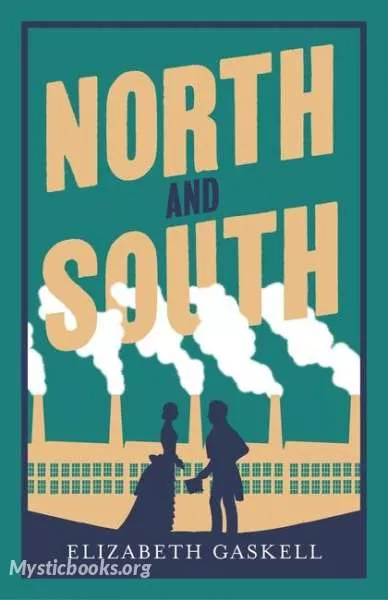
North and South
'North and South' Summary
Nineteen-year-old Margaret Hale has lived for almost 10 years in London with her cousin Edith and her wealthy Aunt Shaw, but when Edith marries Captain Lennox, Margaret happily returns home to the southern village of Helstone. Margaret has refused an offer of marriage from the captain's brother Henry, an up-and-coming barrister. Her life is turned upside down when her father, the local pastor, leaves the Church of England and the rectory of Helstone as a matter of conscience; his intellectual honesty has made him a dissenter. At the suggestion of Mr. Bell, his old friend from Oxford, he settles with his wife and daughter in Milton-Northern (where Mr. Bell was born and owns the property). The industrial town in Darkshire (a textile-producing region) manufactures cotton and is in the middle of the Industrial Revolution; masters and workers are clashing in the first organized strikes.
Margaret initially finds the bustling, smoky town of Milton harsh and strange, and she is upset by its poverty. Mr. Hale (in reduced financial circumstances) works as a tutor; one of his pupils is the wealthy and influential manufacturer John Thornton, master of Marlborough Mills. From the outset, Margaret and Thornton are at odds with each other; she sees him as coarse and unfeeling, and he sees her as haughty. He is attracted to her beauty and self-assurance, however, and she begins to admire how he has risen from poverty.
During the 18 months she spends in Milton, Margaret gradually learns to appreciate the city and its hard-working people, especially Nicholas Higgins (a union representative) and his daughter Bessy, whom she befriends. Bessy is ill with byssinosis from inhaling cotton dust, which eventually kills her.
A workers' strike ensues. An outraged mob of workers breaks into Thornton's compound, where he has his home and his factory, after he imports Irish workers as replacements. Thornton sends for soldiers, but before they arrive, Margaret begs him to talk to the mob to try to avoid bloodshed. When he appears to be in danger, Margaret rushes out and shields him; she is struck by a stone. The mob disperses, and Thornton carries the unconscious Margaret indoors.
Thornton proposes; Margaret declines, unprepared for his unexpected declaration of love and offended by assumptions that her action in front of the mob meant that she cares for him. Thornton's mother, wary of Margaret's haughty ways, is galled by Margaret's rejection of her son.
Margaret's Brother Frederick (who lives in exile as he is wanted for his part in a naval mutiny) secretly visits their dying mother. Thornton sees Margaret and Frederick together and assumes that he is her lover. Leonards, Frederick's shipmate, later recognizes Frederick at the train station. They argue; Frederick pushes Leonards away, and Leonards dies shortly afterward. When the police question Margaret about the scuffle she lies and says she was not present. Thornton knows that Margaret lied, but in his capacity as magistrate declares the case closed to save her from possible perjury. Margaret is humbled by his deed on her behalf; she no longer only looks down on Thornton as a hard master and begins to recognize the depth of his character.
Nicholas, at Margaret's prodding, approaches Thornton for a job and eventually obtains one. Thornton and Higgins learn to appreciate and understand each other.
Mr. Hale visits his oldest friend, Mr. Bell, in Oxford. He dies there, and Margaret returns to live in London with Aunt Shaw. She visits Helstone with Mr. Bell and asks him to tell Thornton about Frederick, but Mr. Bell dies before he can do so. He leaves Margaret a legacy which includes Marlborough Mills and the Thornton house.
Thornton faces bankruptcy due to market fluctuations and the strike. He learns the truth about Margaret's brother from Nicholas Higgins and comes to London to settle his business affairs with Margaret, his new landlord. When Margaret offers Thornton the loan of her money, he realizes that her feelings toward him have changed, and he again proposes marriage. Since she has learned to love him, she accepts.
Book Details
Language
EnglishOriginal Language
EnglishPublished In
1854Authors
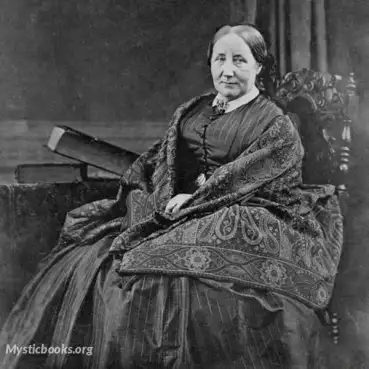
Elizabeth Cleghorn Gaskell
England
Elizabeth Cleghorn Gaskell , often referred to as Mrs Gaskell, was an English novelist, biographer and short story writer. Her novels offer a detailed portrait of the lives of many strata of Victorian...
Books by Elizabeth Cleghorn GaskellDownload eBooks
Listen/Download Audiobook
Related books
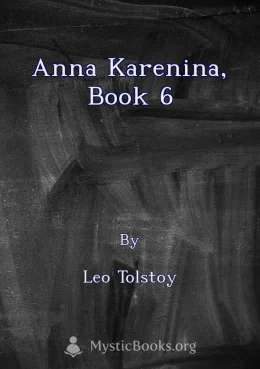
Anna Karenina, Book 6 by Leo Tolstoy
Anna Karenina delves into the complexities of love, societal expectations, and the consequences of defying societal norms. It portrays the story of An...
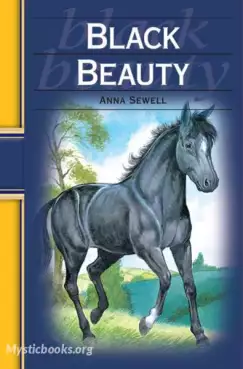
Black Beauty by Anna Sewell
This unique tale is narrated by a lovely, gentle horse named Black Beauty and has remained a children's classic since it was first published in 1877....
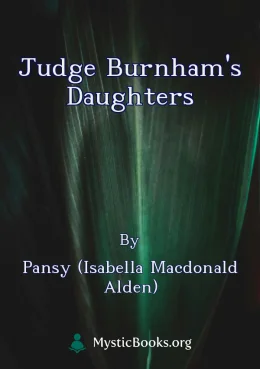
Judge Burnham's Daughters by Pansy (Isabella Macdonald Alden)
Ruth Erskine Burnham, the main character in "Judge Burnham's Daughters," is a woman of strong faith who has dedicated her life to raising her husband'...
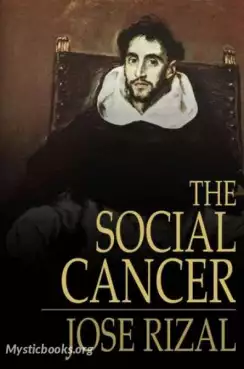
Noli Me Tangere (The Social Cancer) by José Rizal
Noli Me Tángere is an 1887 novel by José Rizal during the colonization of the Philippines by the Spanish Empire, to describe perceived inequities of t...

Annie Kilburn by William Dean Howells
Annie Kilburn, a young woman who has spent eleven years living abroad in Rome, returns to her hometown in the United States after her father's death....

The Circular Staircase by Mary Roberts Rinehart
The Circular Staircase is a mystery novel by American writer Mary Roberts Rinehart. The story follows dowager Rachel Innes as she thwarts a series of...
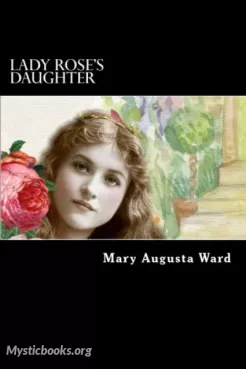
Lady Rose's Daughter by Mary Augusta Ward
It is a historical novel that tells the story of a young girl named Lady Rose, who is the daughter of a famous actress. Lady Rose is brought up in a w...
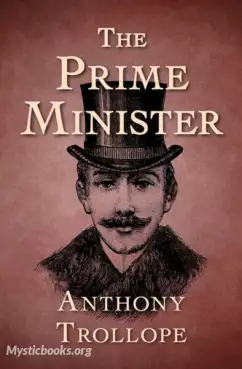
The Prime Minister by Anthony Trollope
The Prime Minister is the fifth in Trollope's series of six Palliser novels. With Phineas' difficulties resolved, Trollope introduces new characters....
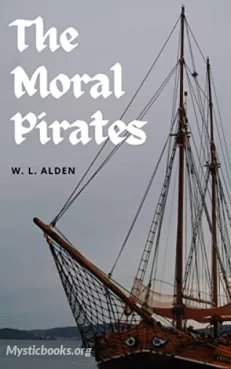
The Moral Pirates by William Livingston Alden
"The Moral Pirates" by William Livingston Alden is an exciting adventure book for young readers that takes readers on a thrilling journey with a uniqu...
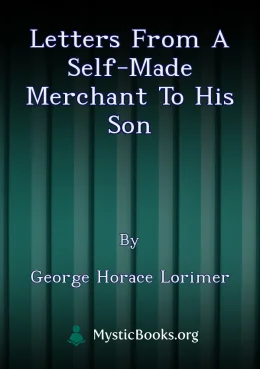
Letters from a Self-Made Merchant to His Son by George Horace Lorimer
This book presents a series of letters from John Graham, a self-made businessman and patriarch of a Chicago meatpacking empire, to his son Pierrepont....
Reviews for North and South
No reviews posted or approved, yet...